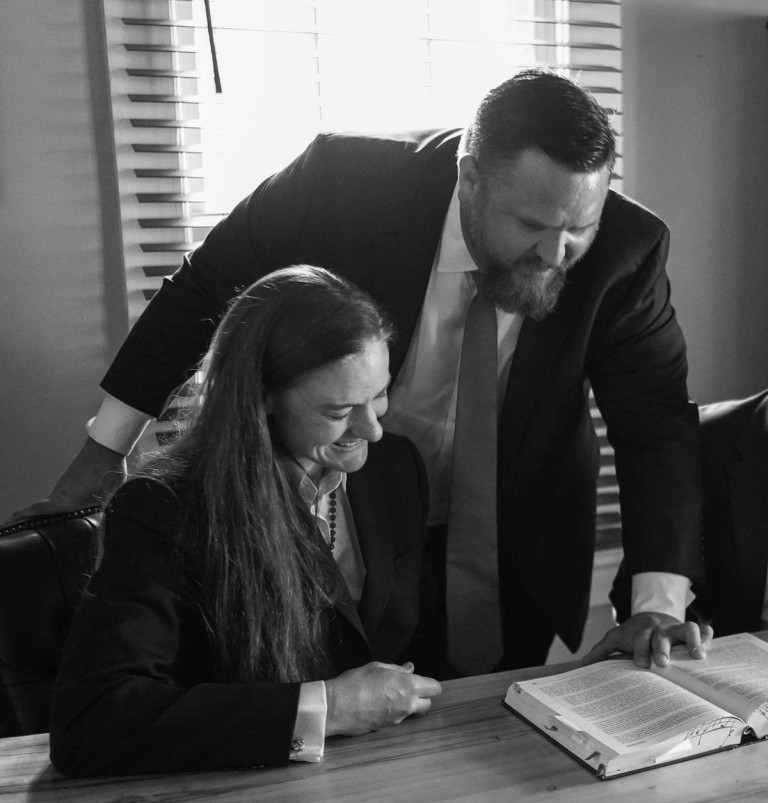Divorce can be a challenging and emotionally taxing experience, especially when it involves the division of property. Understanding how property is divided in a divorce is crucial, and in South Carolina, specific laws govern this process. Whether you're considering a divorce or already navigating one, comprehending the nuances of property division in the state can be pivotal to securing a fair settlement.
Understanding Marital Property vs. Separate Property
In South Carolina, the division of property in a divorce hinges on the distinction between marital property and separate property.
- Marital Property: This refers to assets and debts acquired during the marriage. Regardless of whose name is on the title, most property acquired during the marriage is considered marital property and is subject to division.
- Separate Property: Assets owned before the marriage or acquired through inheritance or gift during the marriage typically remain separate property. However, blending these assets with marital property or contributing to their increase in value can complicate their classification.
Equitable Distribution Principle
South Carolina follows the principle of equitable distribution, meaning that marital property is not automatically divided equally but in a manner deemed fair and equitable by the court. Factors influencing this division include:
- Duration of the Marriage: Longer marriages often lead to more significant intermingling of assets, impacting the division.
- Contributions to the Marriage: The court considers each spouse's contribution to the marriage, including financial and non-financial contributions and contributions to the well-being of the family.
- Economic Circumstances of Each Spouse: The court considers each spouse's financial situation, including earning potential, employability, and future needs.
- Custodial Arrangements for Children: If children are involved, the court considers custodial arrangements and their impact on the spouses' financial situations.
Factors Affecting Division of Property in South Carolina
South Carolina law allows a broad scope for the court to consider various factors when determining the division of property, including but not limited to:
- Real Estate and Personal Property: This includes the family home, vacation properties, vehicles, household items, and other tangible assets.
- Financial Assets and Debts: Bank accounts, retirement accounts, investments, pensions, and debts such as mortgages, loans, and credit card debt are subject to division.
- Business Interests: If one or both spouses own a business, the valuation and division of business assets may come into play.
Seeking Legal Counsel
Going through a divorce and dividing property can be a complex process. It's important to seek guidance from a knowledgeable South Carolina family law attorney such as Addison Fender. At Fender Law Firm, we specialize in family law matters, including divorce and property division. We're committed to providing compassionate guidance and advocating for our client's best interests throughout the divorce process.
Contact us today to schedule a consultation and begin the journey toward a fair resolution in your divorce proceedings.





